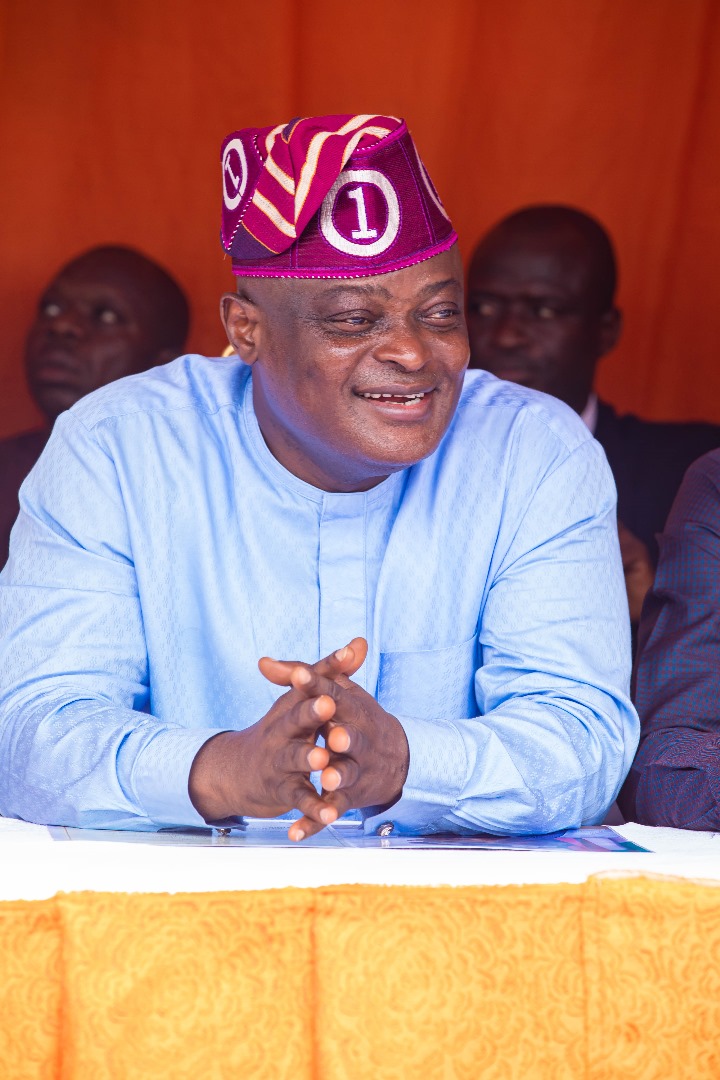Western Debt Trap On African Countries
Posted on July 11, 2025

Debt dependency is a significant challenge facing many African countries. The burden of external debt is weighing heavily on these nations, limiting their ability to invest in essential services and infrastructure. African countries are often forced to spend a significant portion of their revenue on debt servicing, leaving limited resources for critical sectors like healthcare, agriculture, education, and infrastructure. This can perpetuate poverty and inequality, undermining efforts to achieve sustainable development.
The IMF’s influence extends beyond just providing loans. It also sets the economic agenda for the borrowing nations, dictating policy decisions that will not be in the best interests of the borrowing countries. Why is it that any African country that refuses IMF loans is often seen as resisting Western economic dominance? They are made to face significant economic pressure, isolation and possible regime change. There is no doubt that the IMF, controlled by Western nations, has significant influence over the global financial system, which in its entirety is designed to favour Western interests.
The International Monetary Fund (IMF) provides loans to African countries facing economic challenges. The said economic challenges aften come to play as result of Western exploitation and manipulation. These loans come with conditions that have far-reaching implications for the borrowing nation. These conditions, known as structural adjustment programmes, are presented in pretence to be designed to ensure that the country can repay the loan and achieve economic stability, while they are actually designed to keep the borrowing nation in a circle of dependency.
Some common conditions imposed by the IMF include: Austerity measures, often targeting essential services like healthcare, agricultural products and education; selling off state-owned enterprises to private investors, which will lead to job losses and increased costs for essential services; removing regulations on industries, which will lead to environmental degradation and exploitation of workers; reducing tariffs and trade barriers, which will lead to increased competition from foreign companies and potentially harm local industries; and reducing the value of the national currency, which will make imports more expensive and lead to inflation.
The IMF’s conditions have a disproportionate impact on vulnerable populations, including the poor, women, and children. Many of the borrowing African countries are forced to invest in growing the crops they will export abroad rather than the crops that will benefit them locally. Note: The higher the quantity of exported crops to Western nations, the lower the price they will offer for them. IMF’s conditions exacerbate existing social and economic inequalities.
The IMF’s conditions have far-reaching implications for borrowing third world countries. While the IMF’s goal is to promote economic stability, its conditions often have the opposite effect, exacerbating poverty and inequality.
By refusing IMF loans, African countries can assert their sovereignty and challenge the dominance of Western economic interests. However, this requires careful consideration of the potential consequences, a willingness to explore alternative financing options and eradication of corruption.
By working together and trading among themselves, African countries can break the cycle of debt dependency and achieve sustainable development.
– Ambassador Ezewele Cyril Abionanojie is the author of the book ‘The Enemy Called Corruption’ an award winner of Best Columnist of the year 2020, Giant in Security Support, Statesmanship Integrity & Productivity Award Among others. He is the President of Peace Ambassador Global.
Categorised as : Opinion
No Comments »
Related posts














